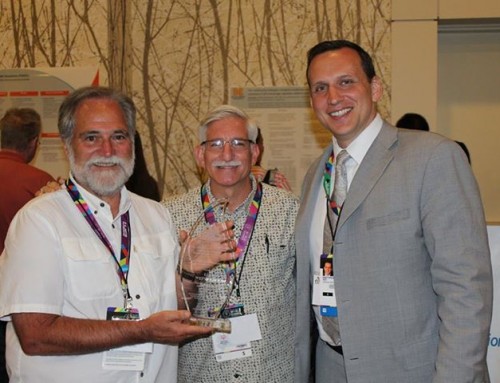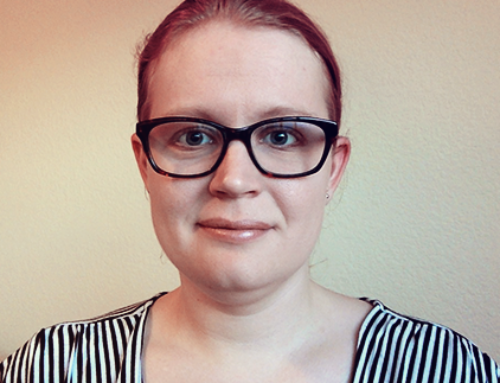I just finished another successful Thanksgiving holiday with my family, so please indulge me as I reflect on a few things for which I am thankful. I have spent the last few months scrutinizing health care provision for the developmentally disabled, which has shed a new light on that for which I take for granted.
- I have a primary care doctor who knows my name, has my health history, is able to see me when I am sick and provides well care screening and assessment on an annual basis.
- My doctor’s office has a comfortable, private waiting area with the policy that no patient should wait more than 15 minutes for their appointment.
- I am a part of a healthcare system that has electronic records that are maintained and protected but are accessible to my specialists and the urgent care clinic. I do not have to have records copied and sent – all communication (lab work, results, therapies, etc) are documented within that system. I also have access to the system, both to learn information and to contact my doctors.
- I have a husband who cares about my well being. If I were ever to become incapacitated, he would advocate on my behalf to make sure that I was getting the best care possible.
- I also have three children. As I age, they too will be able speak on my behalf. I have no idea which one will step up to be my primary healthcare advocate, but I am confident that I will not have to face more complex health issues alone.
- I have health insurance that covers my needs and the needs of my family. It does not pay for everything, but does keep my healthcare expenses down and would keep me financially solvent in the event of a catastrophic health crisis.
When I consider the need for healthcare reform, I do not think of my own situation and how it could improve. I think about the hundreds of thousands of adults with developmental disabilities who do not experience any of the benefits that I listed above. Because they are slighted by the current system and have inadequate support, their health is neglected until they reach the crisis stage. Then they are left with no choice but to seek care from the local emergency room. Medical personnel can not possibly meet their needs in this crowded and chaotic environment, and the financial burden is passed on to taxpayers. This is a no-win situation for all; all the more reason to look for solutions that are both humane and cost-effective. It could be so much better.






